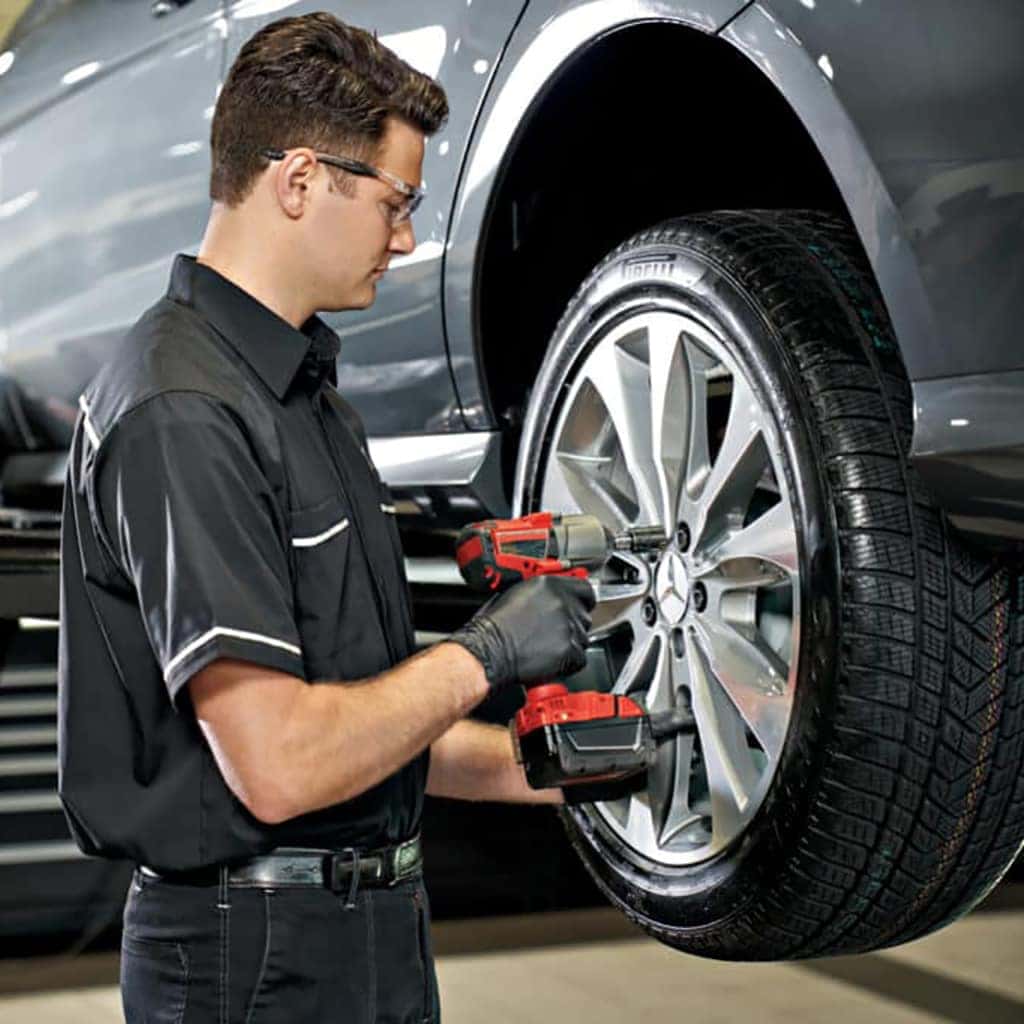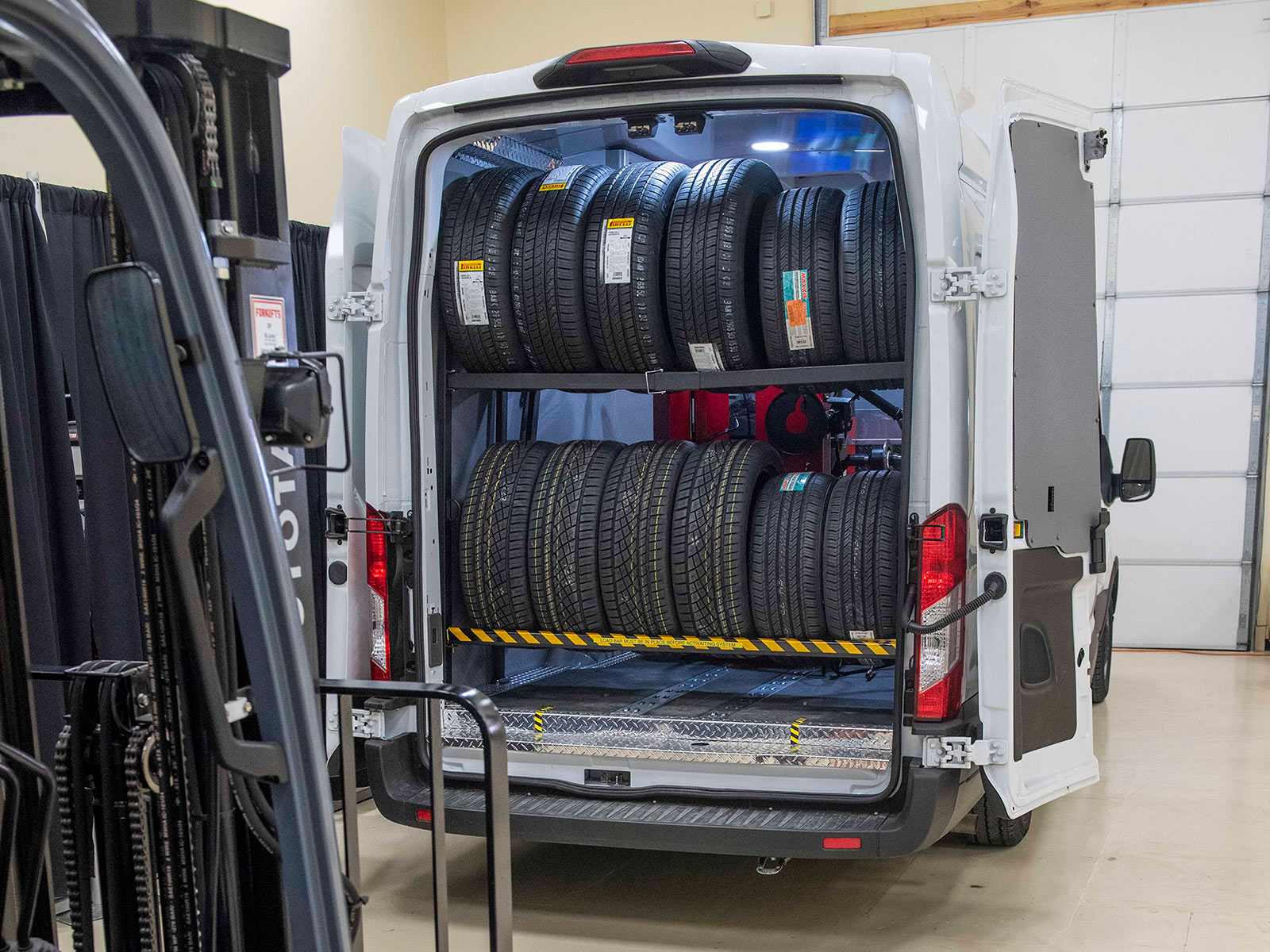Open Performance: Specialist GMC Tire Service at Morris Tires
Open Performance: Specialist GMC Tire Service at Morris Tires
Blog Article
Tire Service: The Effect of Climate Condition
When it pertains to making certain ideal efficiency and safety when traveling, understanding the influence of weather on tire solution is vital. From scorching warm to icy roads, each weather condition aspect can significantly influence tire performance and overall driving experience. By delving into the effects of differing climate problems on tires, vehicle drivers can obtain useful insights that may enhance their vehicle's efficiency and durability. In this conversation, we will certainly check out the detailed partnership between climate condition and tire solution, losing light on the relevance of weather-specific tire upkeep methods and factors to consider.
Warmth and Tire Efficiency
When subjected to heats, tires experience changes in efficiency that can considerably impact vehicle security and handling. The warmth generated from long term driving or heat conditions triggers the tire rubber to soften, leading to lowered walk life and increased wear. As the rubber becomes softer, the tire's grasp when driving lessens, impacting stopping ranges and overall grip. In extreme instances, too much heat can even create tire blowouts, positioning a serious safety and security threat to the car and its owners.

Cold Weather Condition Effects
Cold weather condition conditions can have a substantial impact on tire performance and security. In chilly weather condition, tires may additionally lose air pressure much more swiftly, which can influence handling and fuel performance.
To alleviate the effects of cold weather condition on tires, it is crucial to frequently examine tire pressure and inflate them to the manufacturer's recommended degrees. Utilizing wintertime or all-season tires designed for chilly weather condition problems can also boost grip and hold on icy or snowy roadways. Proper tire upkeep, consisting of regular assessments for wear and damages, comes to be a lot more essential during chillier months to make certain ideal efficiency and security.
Rainy Issues Influence
Throughout stormy conditions, tire efficiency and safety and security can be significantly influenced by the wet road surface areas and reduced presence. The step pattern of tires plays a critical duty in maintaining traction on wet roadways. Tires with damaged footsteps are more susceptible to hydroplaning, where a layer of water accumulates between the tire visit and the road surface area, bring about loss of grip. To fight this, drivers must regularly check their tires for sufficient step depth and think about purchasing tires specifically designed for wet problems.
Additionally, wet weather can likewise lower exposure, making it testing for motorists to see the roadway in advance clearly (GMC Tire Service). In such conditions, it is vital to adjust driving rates accordingly and preserve a risk-free complying with range to permit unexpected quits. Appropriately inflated tires can also help in maintaining control on wet roadways by offering better handling and grip
Snow and Tire Security
When driving in snowy conditions, having the right tires can make a significant difference in safety and security and performance. Winter months tires are designed with special rubber substances and walk patterns to offer much better traction on snow and ice compared to all-season tires.

It is crucial to adhere to maker directions when installing and using tire chains to stop damages to the tires and vehicle. By picking the appropriate tires, maintaining correct rising cost of living, and taking into consideration extra traction help like tire chains, vehicle drivers can improve their security when browsing snow-covered roads.
Weather-Related Tire Maintenance
When encountered with various weather, correct tire upkeep ends up being a critical element of car security and efficiency. Weather-related tire maintenance incorporates a variety of practices aimed additional info at making certain optimum tire function and long life in various weather condition scenarios. One essential element of weather-related tire maintenance is tire stress regulation. Changing temperature levels can trigger tire pressure to vary, influencing traction and fuel efficiency. Routinely examining and changing tire stress according to manufacturer suggestions is crucial for risk-free driving in altering climate problems. Additionally, tire walk depth plays a substantial role in managing different weather condition aspects. Tires with ample step depth offer far better hold on damp or icy roads, decreasing the threat of hydroplaning or skidding. When walk wear gets to a specific depth is crucial for preserving traction and stability in damaging weather condition, checking tire tread frequently and replacing tires. By focusing on weather-related tire maintenance, chauffeurs can enhance security, improve lorry efficiency, and extend the lifespan of their tires.
Verdict
Finally, weather condition problems have a considerable effect on tire performance and security. From warm impacting tire stress and use to chilly weather decreasing grip, it is vital to think about the climate when keeping and using tires. Stormy problems can decrease hold and lead to hydroplaning, while snow can raise the danger of crashes if tires are not appropriately furnished. Weather-related tire upkeep is important in making certain ideal efficiency and security when traveling.
In this conversation, we will certainly discover the elaborate partnership between climate conditions and tire service, dropping light on the relevance of weather-specific tire maintenance practices and considerations.

Report this page